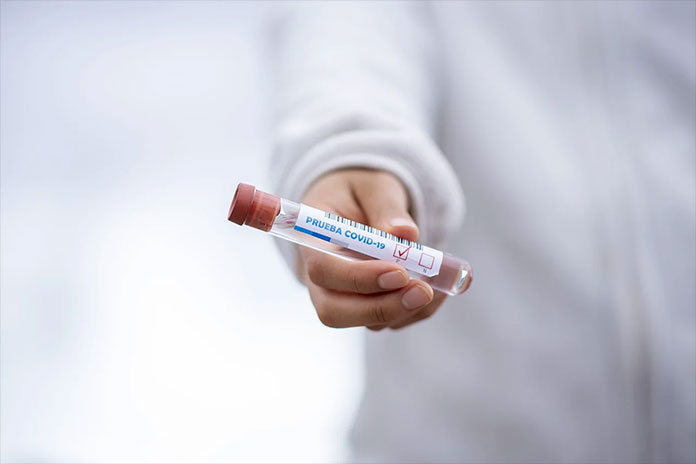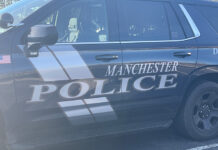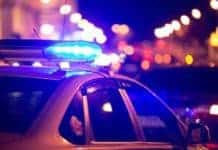
TRENTON – The State’s Department of Health is introducing a new contact tracing dashboard that will allow the public to monitor progress in contacting tracing efforts.
Contact tracing is when officials contact someone positive for COVID-19 and find out who they have been in contact with. Medical professionals have said it is important for slowing the spread of the virus.
Gov. Phil Murphy said, “Our new Contact Tracing Dashboard will allow the public to monitor progress of our contact tracing efforts. It is critical for all New Jerseyans to answer contact tracing calls in order to stop the spread of COVID-19.”
“This dashboard will join several other public-facing platforms that we have created for the purposes of transparency and public awareness,” the governor added.
The Contact Tracing Dashboard will be updated on Fridays and provides information such as: the percentage of cases successfully interviewed, numbers of those who provided contacts, contacts notified, and more.
According to current data, 61 percent of cases were successfully followed up, and nearly half of all contacts were notified of their exposure.
Working with the Rutgers School of Public Health and Public Consulting Group, the state is continuing to build the contact tracing program. CommCare, the state’s uniform data reporting system, was introduced and launched statewide in early July.
To date, 1,344 contact tracers are in the field, which includes existing local health department staff and Rutgers-trained contact tracers that have been deployed by the NJDOH.
A total of 638 contact tracers have been hired through the Rutgers School of Public Health, 349 of whom have already completed training and been deployed by NJDOH. The Rutgers School of Public Health is contracted to hire a total of 1,000 contact tracers.
Currently, the dashboard shows the biggest reason why contact tracers have been unable to follow-up on cases is because people have not answered the call.
In addition, 45 percent of people who tested positive declined to share information on their close contacts. The DOH started a multi-media, multilingual statewide public awareness campaign this week to encourage people to get tested and to increase the public’s knowledge of what contact tracing is and the role it plays in preventing spread of the disease.
DOH Commissioner Judith Persichilli said “while we are moving in the right direction, the success of our efforts depends on people – particularly young adults – answering the call from contact tracers and providing the information needed to stop the spread of COVID and protect those who come in contact with someone who has tested positive,”
“I want to thank all of our public health workers for hard work during this pandemic and thank those New Jersey residents who have taken calls from contact tracers,” she added. “In order to prevent further spread of the virus, we need everyone to share in that responsibility by answering the call. We are all in this together.”
The dashboard includes the number of contact tracers working in each county. With a current average of 15 contact tracers for every 100,000 residents, the state will prioritize assigning additional tracers to counties that need to reach this level.
Once all counties have reached this benchmark, the goal will rise to 30 contact tracers for every 100,000 residents.
The progress of the virus will also be taken into account when addressing contact tracing needs. The Department will continue to review and assess information available on the dashboard.
New Jersey has used contact tracing for decades and it is also used throughout the world to inform people and help protect them from the spread of contagious viruses and diseases such as the measles, HIV and now COVID-19.
A contact tracer will provide critical health and safety information, as well as resources for social services and will identify themselves as working with the local health department when they call.
All information collected will be kept confidential and contact tracers will never ask for a Social Security number, financial information or immigration status.
Should you be notified as being a close contact, quarantine for 14 days, monitor your symptoms, and get tested.
If there are any doubts, the person called can request the name of anyone who calls and call their local health department to verify. If a resident suspects a call is a scam, they can report it to the New Jersey Division of Consumer Affairs at 973-504-6240.






